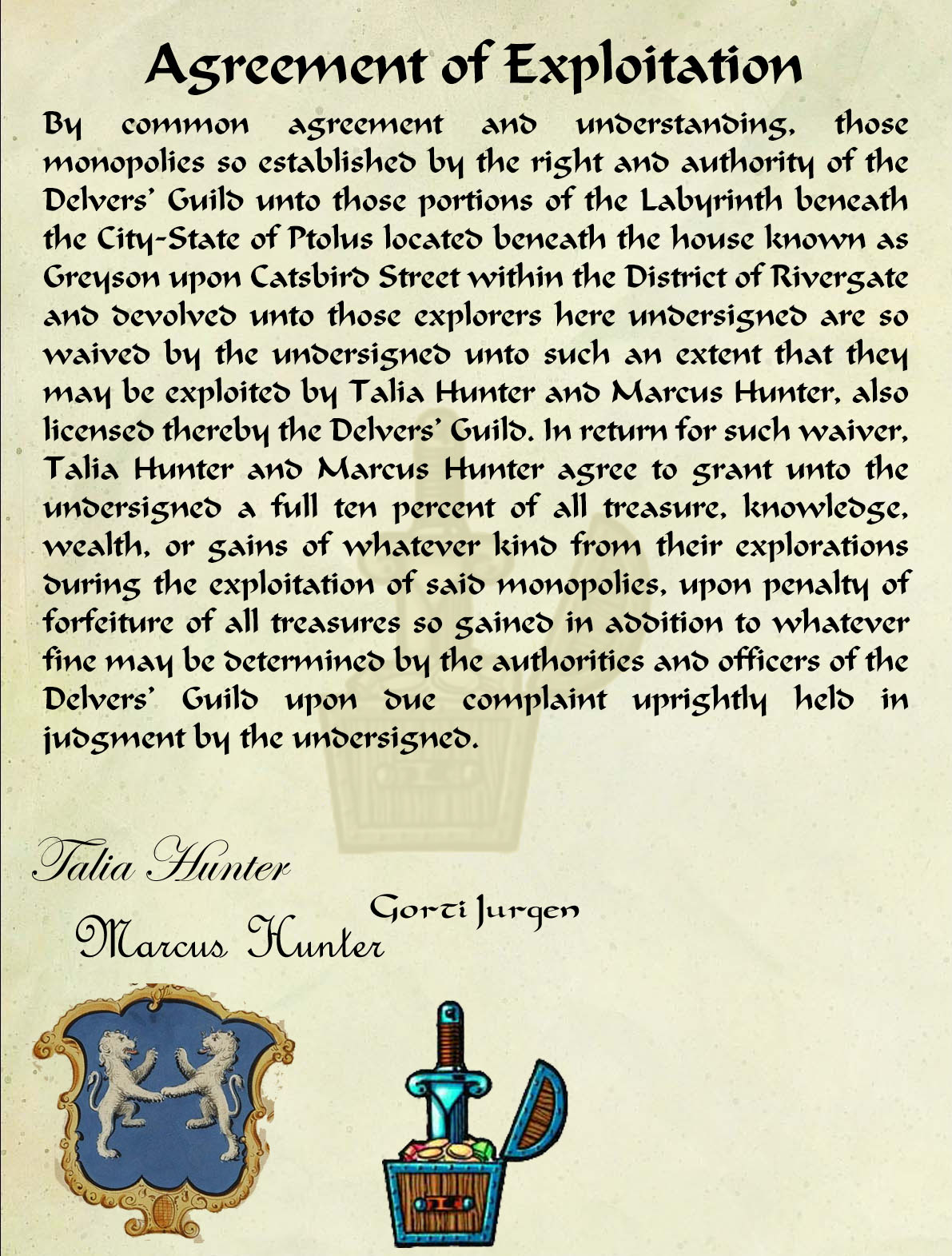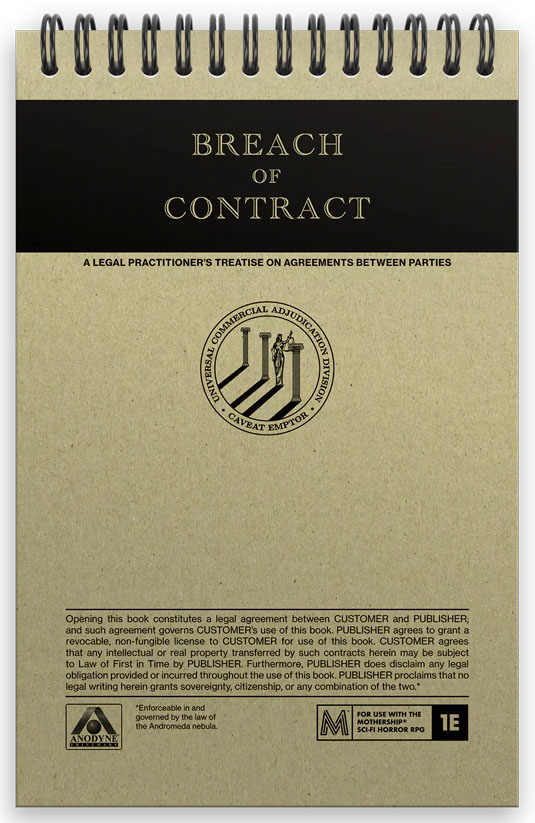
DISCUSSING
In the Shadow of the Spire – Session 48A: A Night in the Necropolis
Standing outside the door were a young man with his brown hair pulled back in a ponytail and a lithe woman with black hair down past her shoulders. The young man stretched out his hand, “My name’s Marcus Hunter. We’re looking for Tithenmamiwen. We have business from the Delver’s Guild.”
Agnarr slammed the door in their face and went back to polishing his sword.
I love a good prop.
They’re immersive, riveting, persistent, and just plain fun for the players.
There are all kinds of props, of course, but among the best are interactive ones. There’s just something deeply powerful about the players physically interacting with something that their characters are also physically interacting with.
For similar reasons, although props are great as a vector of information (and that’s certainly the primary function for most of the props I create), it’s fantastic when a prop is something that the characters can actually use. Something they can get proactive with, not just react to.
And this is why I love writing up legal contracts as props.
First, getting them to sign the contract as their characters gives you that awesome immersive hit. (One of my players has the signed copy of the Hunter contract safely stowed amongst their notes.)
But the contract is also a legal instrument. It’s more likely than not that the PCs will be able to use that contract to further their agenda: Protecting themselves from someone trying to take advantage of them, or leveraging the terms of the contract to force the outcome they want.
(Or, alternatively, an NPC using the contract against them. Which is almost as good.)
There’s a really cool supplement for Mothership called Breach of Contract, which is just a full book of tear-out form contracts that you and your players can fill out. For obvious reasons, I’m looking forward to figuring out how to integrate these into my Mothership open table.
If you’re looking to create your own contract handouts, I recommend googling real world contracts — particularly seeking out historical examples if that’s your milieu — and then stripping them down to the bare essentials. Borrow overall structure and key turns of phrase for flavor, but I don’t think it’s necessary to waste a lot of time customizing a 30-page pseudo-legal document, even if that’s technically what should be signed. (Think of producing something closer to a memorandum of understanding, if this bugs you. But, generally speaking, anything longer than a page is probably overkill.)
Don’t be afraid of letting the PCs renegotiate the terms of the contract. That might involve just crossing out and rewriting terms on the physical handout, or you may need to make some digital revisions and print up a new copy. Whatever works.
Campaign Journal: Session 48B – Running the Campaign: Laying Groundwork
In the Shadow of the Spire: Index












